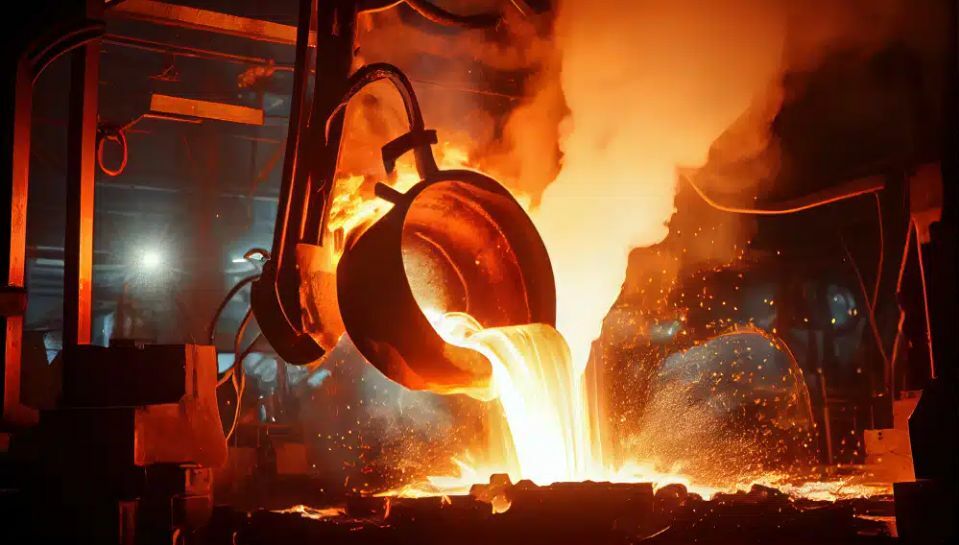Thailand’s steel industry threatened by surge in Chinese imports

The EAF Long Product Steel Producers Association raised concerns about the future of Thailand’s steel industry as local manufacturers face potential closure. This comes as a result of a surge in steel imports from China, which has resulted in a reduction of capacity utilisation to a mere 28% between January and February.
The association’s president Chaichalerm Bunyanuwat urged for immediate government intervention.
Production of long steel, a crucial component for construction projects, has reportedly dropped from 7 million tonnes to roughly 6 million tonnes over the past four to five years. The decrease in production is likely to impact the construction industry significantly.
The Commerce Ministry revealed that up to 75 local steel companies ceased operations last year, and the association fears that this figure may increase in the current year.
Local steel companies are finding it difficult to compete with China’s low-cost steel, with Thailand grappling with the Carbon Border Adjustment Mechanism (CBAM) that came into effect in October last year, alongside high electricity costs, increased daily wages, and weakened purchasing power amid an uneven economic recovery.
Under the CBAM, businesses are encouraged to use more renewable power to avoid non-tariff barriers when exporting products to EU countries.
Curbing emissions
The transitional phase of CBAM requires importers of certain products to report greenhouse gas emissions in their imports without financial payments or adjustments. From January 1, 2026, importers are expected to pay a levy for CBAM certificates.
The association has noted a significant increase in exports of Chinese steel products, including long steel and wire rod steel, by more than 37.5% year-on-year to 15.9 million tonnes during January and February, despite a 0.4% year-on-year decrease in the mainland’s steel production.
Meanwhile, Thai imports of steel from China increased by 18% year-on-year to 244,000 tonnes during the same period.
Tata Steel (Thailand) Plc, a subsidiary of India’s leading steelmaker, has expressed its concerns about China’s continuous dumping of cheap steel products in Southeast Asia amid its economic slowdown.
Last year, the influx of low-cost imports from China surged by 39% to 1.47 million tonnes, according to the company’s president and chief executive Tarun Kuma Daga.
He pointed out that ASEAN members, including Thailand, Indonesia, and Vietnam, have been severely affected by cheap steel imports from China.
Despite these challenges, the association predicts that Thailand’s steel consumption will exceed 16.3 million tonnes this year, surpassing the previous year’s total, based on government budget disbursement, a rebound in the tourism industry, and expected economic improvement, reported Bangkok Post.
Latest Thailand News
Follow The Thaiger on Google News:


























